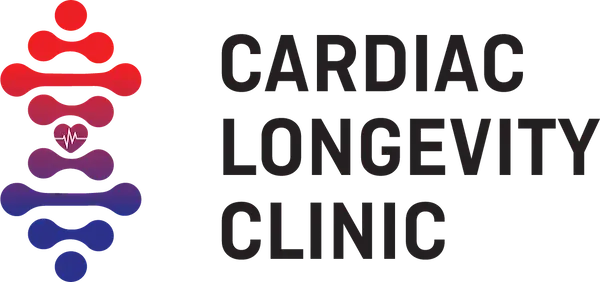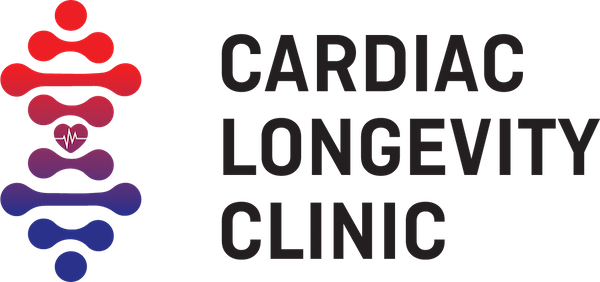Sleep and Longevity: Unlock the Secret to a Longer Life
At the Cardiac Longevity Clinic, we recognize the critical role that sleep plays in maintaining cardiovascular health and promoting longevity. Our sleep specialists are dedicated to helping you optimize your sleep quality and duration to support optimal heart function and overall well-being.
The Cardiovascular Consequences of Poor Sleep
Chronic sleep deprivation and sleep disorders can have profound effects on cardiovascular health and longevity:

Hypertension: Short sleep duration and poor sleep quality are associated with an increased risk of developing hypertension. A meta-analysis published in the Journal of Hypertension found that individuals who slept less than 5 hours per night had a 61% higher risk of hypertension compared to those who slept 7-8 hours per night.
Atherosclerosis: Sleep disturbances, such as obstructive sleep apnea (OSA), can contribute to the development of atherosclerosis by promoting inflammation and oxidative stress. A study published in the Journal of the American College of Cardiology found that severe OSA was associated with a 2.6-fold increased risk of coronary artery disease.
Insulin Resistance: Insufficient sleep can disrupt glucose metabolism and increase the risk of developing insulin resistance, a precursor to type 2 diabetes. A study published in the Annals of Internal Medicine found that restricting sleep to 4 hours per night for just 6 nights led to a 40% reduction in insulin sensitivity.
Dementia: Chronic sleep deprivation and sleep disorders can have significant detrimental effects on cognitive function and may increase the risk of developing dementia later in life. A meta-analysis published in the journal Sleep found that individuals with insomnia had impairments in multiple cognitive domains, including attention, memory, and executive function. Additionally, a study published in the journal Neurology found that individuals with severe sleep apnea had a 1.85-fold increased risk of developing Alzheimer’s disease compared to those without sleep apnea.
Optimizing Sleep for Cardiovascular Health
Our sleep specialists work with you to develop a comprehensive sleep optimization plan that includes:
Sleep Hygiene Education
We provide guidance on creating a sleep-conducive environment, establishing a consistent sleep schedule, and developing a relaxing bedtime routine. Simple strategies, such as maintaining a cool bedroom temperature and avoiding electronic devices before bed, can significantly improve sleep quality.
Screening for Sleep Disorders
We conduct thorough assessments to identify any underlying sleep disorders, such as OSA or insomnia, that may be impacting your cardiovascular health. Early detection and treatment of sleep disorders are crucial for preventing long-term cardiovascular consequences.
Behavioral Interventions
Cognitive-behavioral therapy for insomnia (CBT-I) is a highly effective, non-pharmacological approach to improving sleep quality and duration. A CBT-I specialist can work with you to identify and modify thoughts and behaviors that interfere with restful sleep.
Personalized Sleep Optimization Plans
We understand that each individual has unique sleep needs and challenges. Our sleep specialists conduct comprehensive assessments to evaluate your sleep patterns, sleep environment, and any underlying medical conditions that may be impacting your sleep. Based on this information, we develop personalized sleep optimization plans that incorporate a combination of evidence-based strategies and lifestyle modifications tailored to your needs.
Invest in your sleep, invest in your health. Schedule a consultation with our experienced team today and discover the power of restorative sleep for optimal cardiovascular health and longevity.
Learn More About Our Unique Approach to Longevity
Address
Suite 201 (Second Floor)
1370 Clyde Avenue
Ottawa, ON
K2G 3H8
Contact
Phone: 613-366-2164
Fax: 613-761-1944
Email: contact@cardiaclongevityclinic.com
Emergency Contact: 911 or go to your nearest ER

